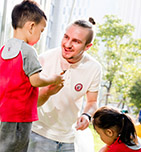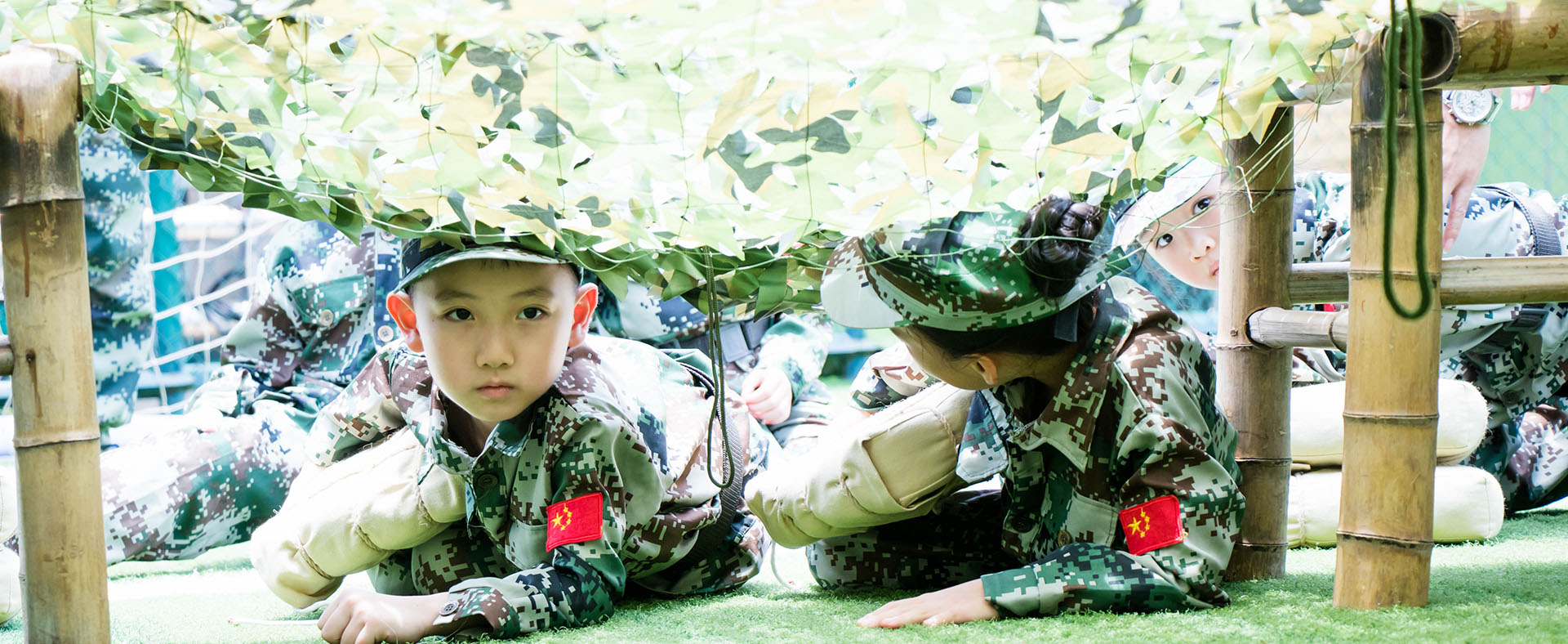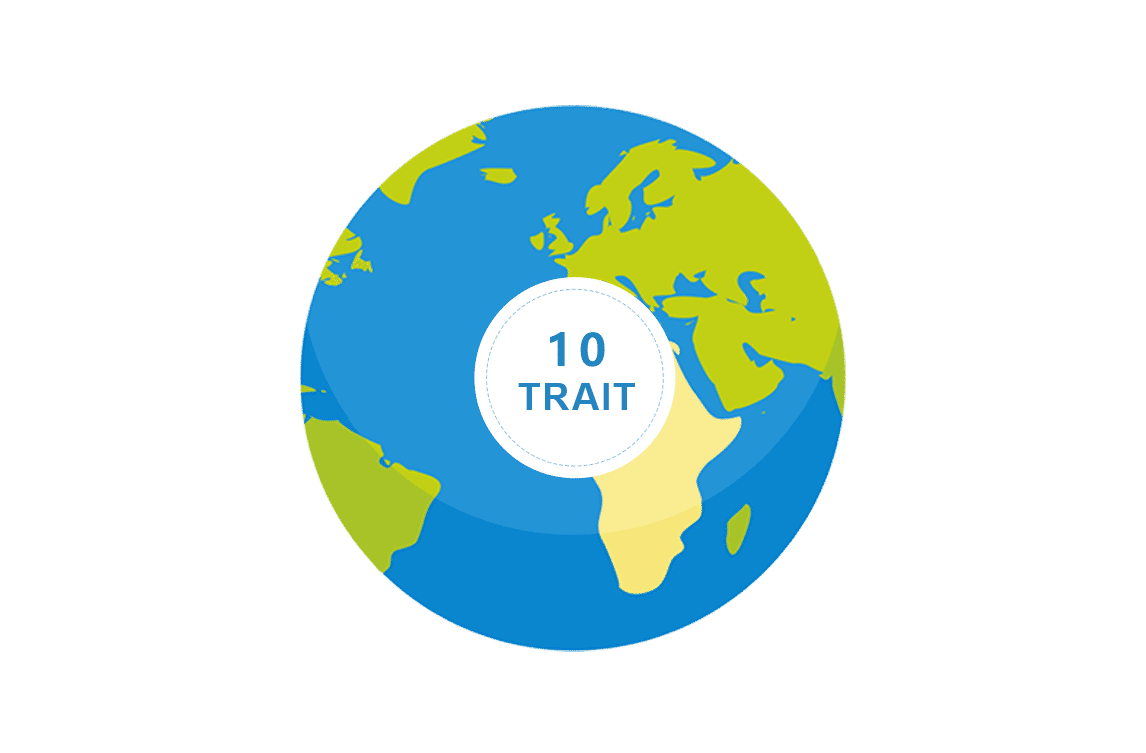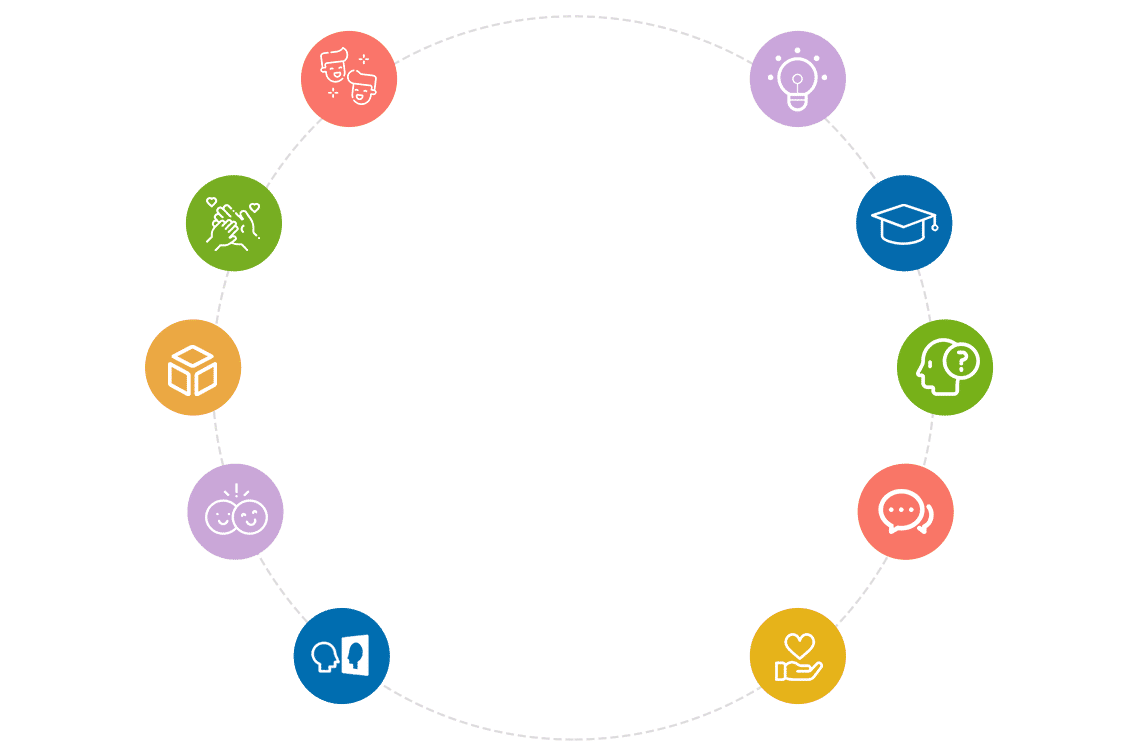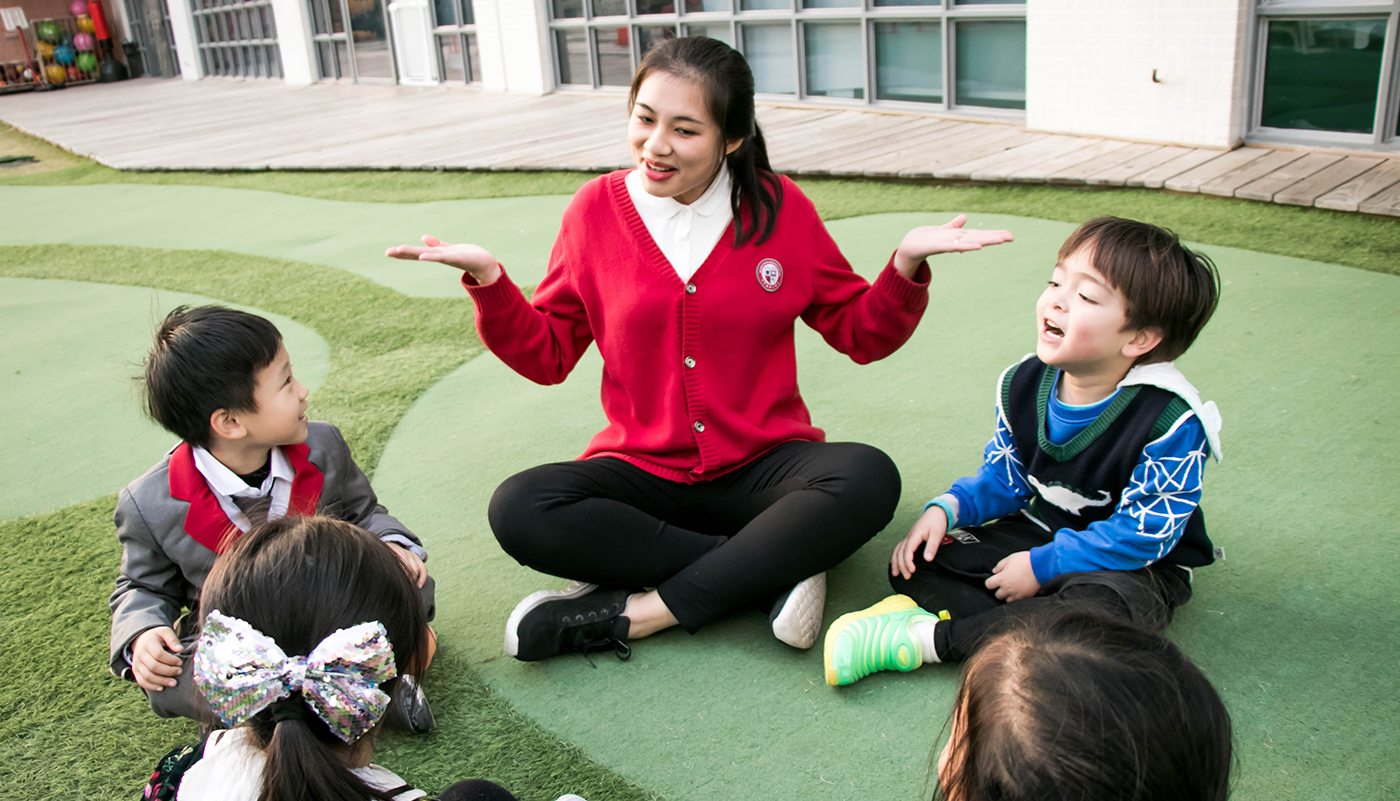Multidimensional interaction will provide diverse development for children aged 3-6 years. We believe that on the basis of comprehensive development of children, adults should provide effective support and guidance for their unique and personalized development. Therefore, the courses of Seven Star are supplemented by IBPYP and Extra-Curricular Activities Courses.



Its core is to form an understanding of important concepts, to form a positive attitude, to master basic knowledge and skills, and to take responsible actions. It can greatly promote the development of concepts, knowledge and skills in educational activities and games.
- WHO WE ARE
- WHERE WE ARE IN PLACE AND TIME
- HOW WE EXPRESS OURSELVES
- HOW THE WORLD WORKS
- HOW WE ORGANIZE OURSELVES
- SHARING THE PLANET
- Language
- Social Studies
- Mathematics
- Arts
- Science
- Personal, social and physical education
The core of PYP course:Inquiring as the main way of learning
PYP encourages children to construct meaning from the world around them by harnessing the knowledge that children already have, providing incentives for new experiences, and providing children with the time and opportunity to think and consolidate. For children, inquiry is manifested in the process of generating interest, exploration, investigation, synthesis and reasoning. In games and contemplation, children use theory, test theory and revision theory in different ways to express their ideas, thus helping children to develop an understanding of important concepts, acquire basic knowledge and skills, develop a positive attitude, and learn to take responsible action.



